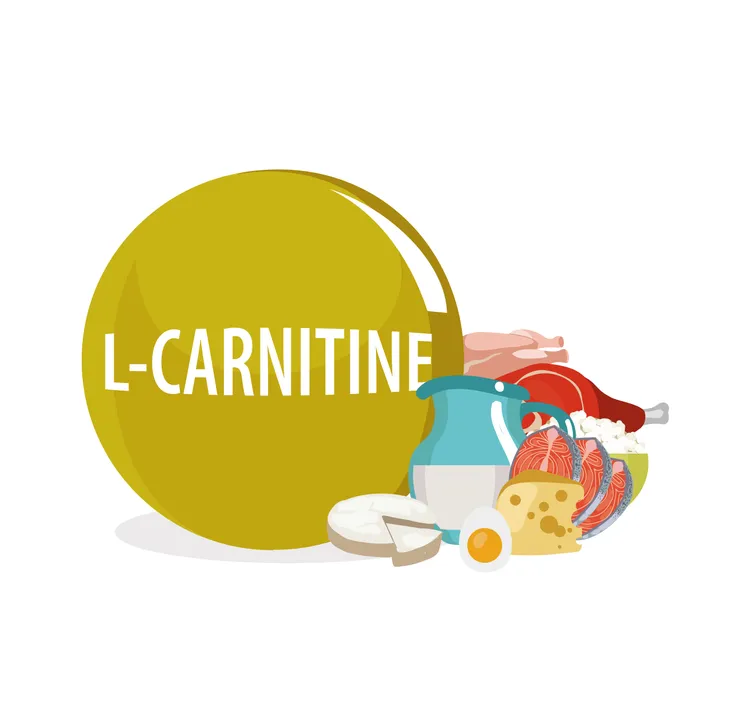Today, there are few health problems capturing the attention of the American people like diabetes, and particularly type 2 diabetes. This potentially fatal health condition, which can emerge at any life stage, is most popularly associated with weight gain and obesity.
As Americans continue to indulge in high-calorie, high-sugar, and high-fat foods, their battle with the bulge and the diabetes risk intensifies.
The good news is that treatments for diabetes emerge almost every day. One option for treating the condition is to use vitamins and supplements, some of which have been shown to have a significant impact on glucose levels and preventing the dangerous symptoms associated with diabetes from getting out of control…
Magnesium
People with type 1 or type 2 diabetes often have problems maintaining normal magnesium levels because as blood glucose levels rise, magnesium is expelled from the body through urine.
That’s a problem because magnesium (from foods like beans and nuts, leafy greens, brown rice and whole wheat bread) plays an important role in processing carbohydrates in an effective way. When magnesium levels are low, the body’s ability to regulate glucose levels can be affected, leading to dangerous complications for diabetics.
Zinc
Zinc, like magnesium, gets shipped out of a diabetic’s body through urine when blood sugar levels start to climb. This results in zinc levels dropping to dangerously low levels in people with diabetes.
This is a significant problem because zinc plays an important role in producing the specific hormone that regulates the amount of glucose in the blood. When zinc levels plummet, blood sugar levels can get out of control, increasing the chances that a diabetic will suffer serious complications. For this reason, doctors often recommend diabetics take zinc supplements or eat foods like beans, nuts, seeds and soy, which are high in zinc.
Alpha-lipoic Acid
Alpha-lipoic acid, popularly known as ALA, is a powerful antioxidant that WebMD claims can help with diabetic neuropathy, or the damaging of nerves by the emergence of diabetes. As you might expect, this condition is very painful and can have a major impact on the lifestyles of those dealing with it on a daily basis.
ALA may assist in keeping blood sugar under control. ALA can be found naturally in foods like yeast, liver, kidney, spinach, broccoli, and potatoes, or it can be acquired in supplement form.
Gamma-lipoic Acid
Like alpha-lipoic acid, gamma-lipoic acid, or GLA, is a potent antioxidant that diabetes experts recommend to help enhance the functionality of nerves damaged by diabetic neuropathy. Symptoms of diabetic neuropathy range from numbness in the extremities to digestive problems, urinary tract issues, and even heart dysfunction. In some cases diabetic neuropathy can actually prove fatal.
GLA is available in supplement form, but can also be acquired naturally through primrose oil, borage oil, and black currant seed oil.
Carnitine
One of the most dangerous conditions associated with diabetes is diabetic ketoacidosis, a diabetic complication that occurs when the body fails to maintain blood glucose levels. When this occurs, the body begins to use fat as fuel, a process that can result in the release of acids into the bloodstream. If not treated properly, diabetic ketoacidosis can be fatal.
Carnitine, an amino acid found in foods like red meat, pork, seafood, chicken, and dairy products, can help prevent this condition from emerging. Diabetes.co.uk notes that carnitine has been used to prevent the body from using fat to produce energy, keeping dangerous acids from entering the bloodstream.
Chromium
Diabetes experts claim that chromium has been shown to have several positive effects on people with type 1 and type 2 diabetes. For one, when chromium levels are normal, diabetic patients can improve their glucose tolerance, reduce their blood glucose levels and may even be able to lower their cholesterol and triglyceride levels.
At the same time, it can increase HDL (or “good”) cholesterol levels. Chromium can be acquired in supplement form, but it can also be released naturally when people engage in relatively intense physical activity.
Vitamin D
Vitamin D, which can be found in supplement form or in foods like soy milk, cow milk, fish, margarine, and eggs. According to research from EatRightOntario.ca, vitamin D can help both type 1 and type 2 diabetics regulate their blood sugar levels.
That’s why doctors often recommend that people with type 1 or type 2 diabetes increase their consumption of foods or supplements high in vitamin D (i.e., egg yolks, fatty fish, soy milk, fortified cereal, and beef liver), which has also been shown to help regulate mood and treat depression.
Biotin
Biotin is an effective supplement for diabetics trying to maintain their high blood glucose levels. It does so by improving the development of enzyme glucokinase, which is responsible for glucose utilization. Glucokinase, which is found in the liver, is often very low in people with diabetes.
In simple terms, biotin can trigger several systems that help regulate blood sugar levels and play an effective role in helping diabetics stay healthy. WebMD states that biotin-rich foods (i.e., almonds and eggs) and supplements can have a positive effect on people with both type 1 and type 2 diabetes.











